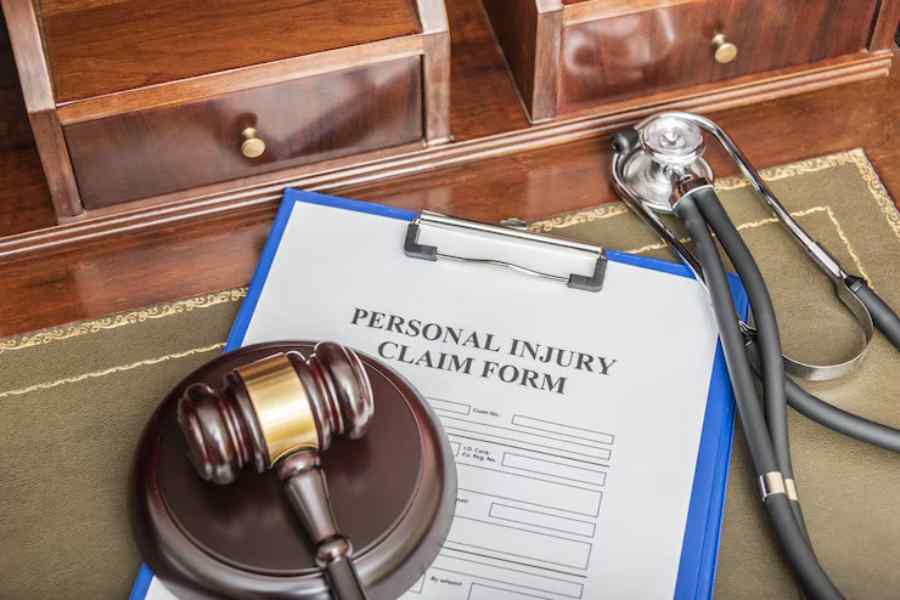In today’s digital age, social media is a major part of our daily lives. Platforms like Facebook, Instagram, TikTok, and Twitter allow us to stay connected, share experiences, and express emotions. However, when it comes to legal matters, particularly personal injury claims, what you post online can come back to haunt you.
If you’re involved in a personal injury case, here is a guide to help you understand the impact of social media on your claim. What might seem like a harmless post can undermine your case and reduce the compensation you deserve. Let’s explore this in detail:
Social Media as Evidence in Personal Injury Cases
Social media posts are often considered discoverable evidence in court. That means opposing attorneys can request access to your public and sometimes even private posts if they believe it’s relevant to your case.
For instance, if you claim you suffered serious back injuries after a car accident but later post photos of yourself dancing at a party or hiking a trail, they can use the content to argue that your injuries aren’t as severe as you say. They can even take posts where you’re merely smiling or appearing in good spirits out of context to question your emotional distress.
Insurance companies and defense lawyers actively monitor social media activity to look for inconsistencies. For example, a photo of you smiling while shopping for a luxury watch like a Tissot might be used to suggest you’re not experiencing financial or emotional hardship.
If you have sustained an injury from a car accident in the Georgia area, then hiring a skilled Georgia car accident lawyer will help you understand how to counter these tactics and protect your rights throughout the legal process.
How Social Media Can Hurt Your Case
Here are some common ways social media can negatively affect a personal injury case:
Contradicting statements:
A post saying, “Feeling great today!” might conflict with your claim of ongoing pain or emotional distress.
Check-ins and locations:
Visiting places like gyms or amusement parks may suggest you’re more active than claimed.
Photos and videos:
Any images showing physical activity or travel may be used as evidence to downplay injuries.
Comments by others:
Even comments made by friends, e.g., “Glad you’re back to normal!” can be twisted in court.
Private messages:
In some cases, direct messages can be subpoenaed if they’re deemed relevant.
Additionally, when you post on social media, you want to be mindful of how your photos and captions are displayed. Even something as simple as the Instagram Font used in a post can have an impact, as it can draw attention to your activity and the tone of your messages. Be aware of how your visual content can influence others’ perceptions, especially in the context of your case.
Tips for Protecting Your Claim
If you’re pursuing a personal injury claim, here are four tips you should take to manage your social media responsibly
Understanding how content spreads online is crucial during a legal case, and platforms like Down Social highlight how posts, images, and discussions can quickly gain traction across multiple social networks.
Limit or suspend social media use:
The safest approach is to stop posting until your case is resolved. Even posts unrelated to your injury can be misinterpreted. If you post, ask yourself: “Could this be misinterpreted or used against me in court?” If the answer is yes, maybe don’t post it. Before resuming social media activity, run it by your personal injury lawyer. They can advise you on what is and isn’t safe.
Adjust privacy settings:
Make your accounts private, but don’t rely solely on privacy settings. Courts may still grant access to relevant content during discovery. Additionally, consider using tools like Instagram Viewer Anonymous to browse your social media profiles discreetly, without exposing posts to potential risks.
Avoid discussing the case online:
Never post about your accident, injuries, conversations with your lawyer, or the progress of your case.
Ask friends and family not to tag you:
Photos or check-ins from other people’s profiles can be just as damaging. Let your circle know you don’t want to be featured online.
Endnote
Social media is not inherently bad, but it can be dangerous during personal injury litigation. The key takeaway is simple: What you share online is not just public; it’s potentially legal evidence. When in doubt, stay off social platforms, focus on your recovery, and let your attorney do the talking for both the courtroom and the internet.


